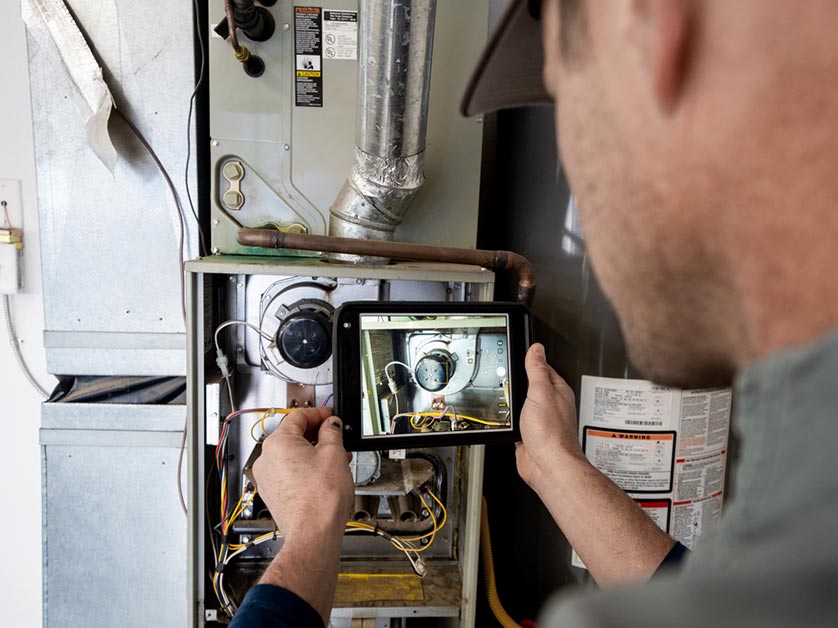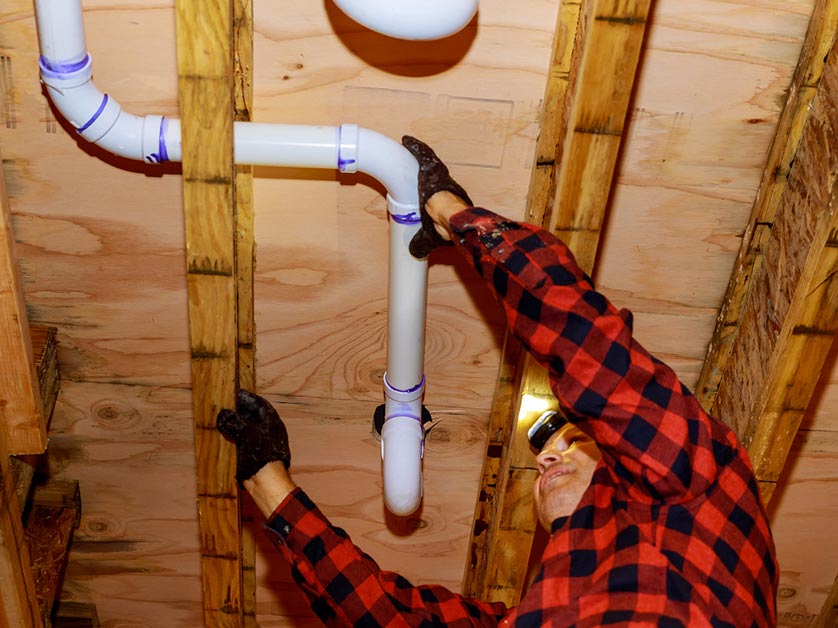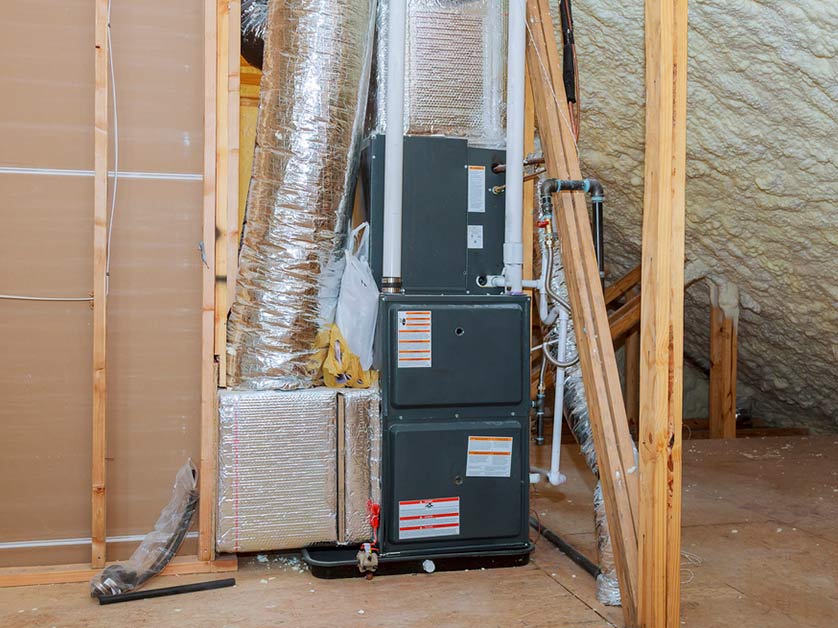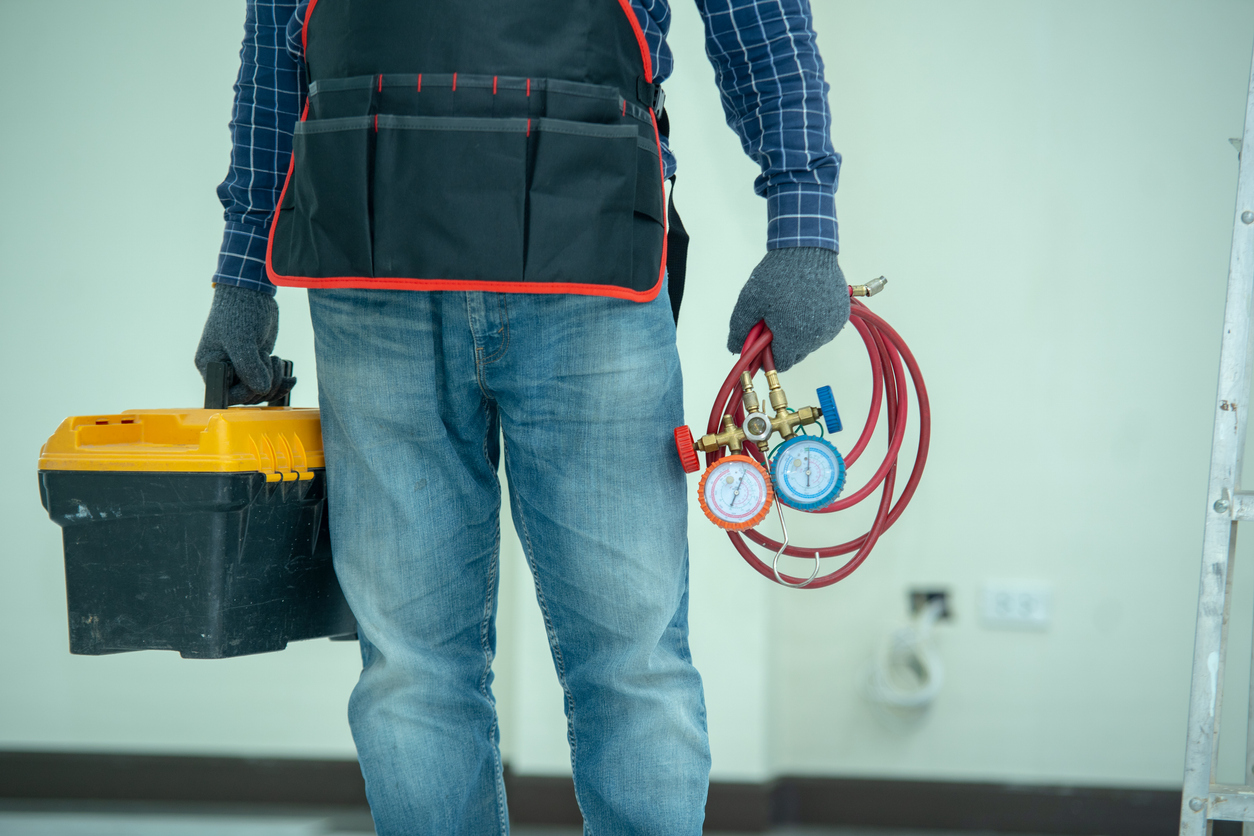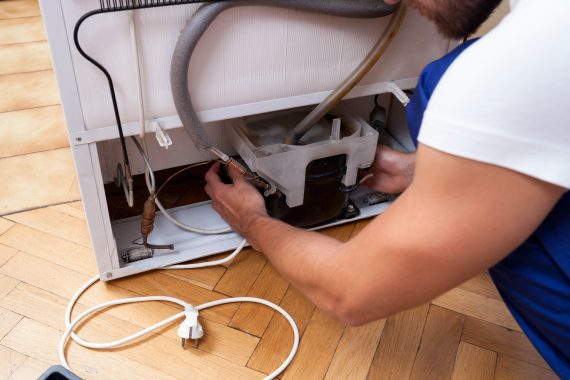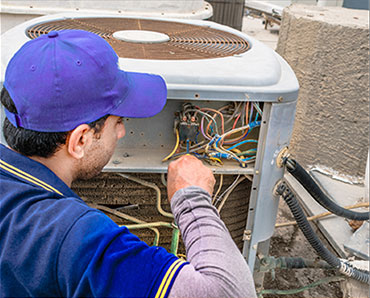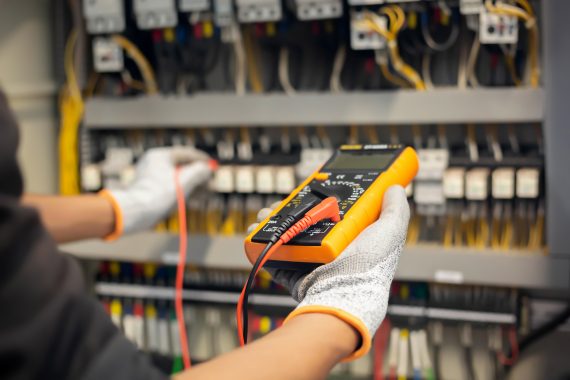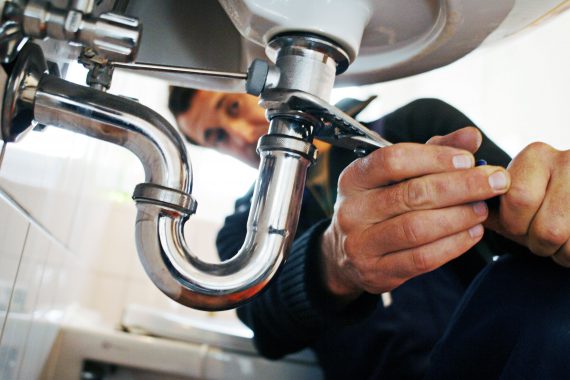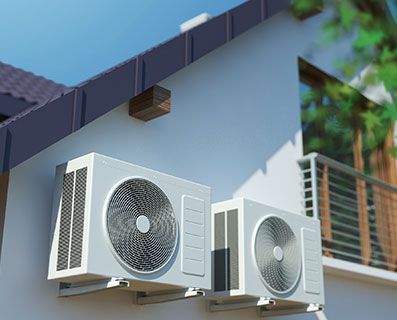Allergies can be utterly miserable for people who suffer regular symptoms. Victims of chronic allergies are constantly in search of ways to ease nasal congestion, sinus irritation, itchy eyes and other forms of allergy-related discomfort.
Humidifiers are one way to get relief from irritation, congestion and inflammation of nasal and throat passageways. However, humidifiers should be used with caution, since high levels of moisture in the air can promote the growth of allergens even as it soothes allergy symptoms.
Symptom Relief From Humidity
Humidifiers are electronic appliances that create water vapor and release it into the air, increasing overall humidity levels in your indoor environment. Medical offices and hospitals frequently use humidifiers to increase the comfort of patients suffering from lung problems or breathing difficulties.
Humidity helps to soothe the delicate tissues inside the nose and throat that often become swollen and sensitive when allergies strike. These passages may become dry and irritated with prolonged allergies, and higher levels of humidity ease discomfort and help the sinuses to retain moisture.
Humidity also helps your nasal tissues to trap the allergens responsible for your symptoms. Your nasal passages need moisture to catch and expel allergens like pollen, dust mites, mold spores and other microbes. In this way, humidifiers can help with current symptom relief while also helping to prevent the development of future symptoms.
Excessive Humidity Can Worsen Allergies
Despite the symptom-relief that humidifiers can provide, there is reason to use these appliances carefully. Allergens such as dust mites and mold love humid air just as much as our nasal and throat passageways do. Excessive indoor humidity can cause allergens to multiply rapidly, which will worsen allergy symptoms in the long run despite the temporary symptom relief that humidity may provide.
If you plan to use a humidifier frequently for allergy relief, a hygrometer can help you to manage your indoor humidity levels. A hygrometer measures the amount of moisture in the air, and can help you to stay close to an optimal humidity level of about 35 percent. It’s also critical to clean your humidifier frequently to make sure that mold doesn’t begin to grow in this damp environment.
Thank you for visiting our blog! Follow us for more information about indoor air quality, or give us a call to learn about custom air quality solutions for your home.

